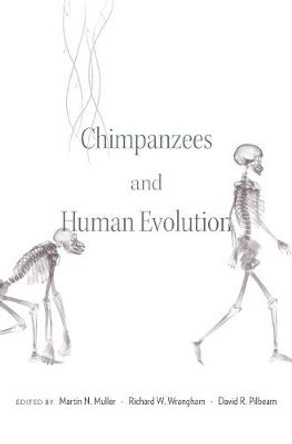The chimpanzee, of all other living species, is our closest relation, with whom we last shared a common ancestor about 5 million years ago. These African apes make and use a rich and varied kit of tools, and of the primates they are the only consistent and habitual tool-users and tool-makers. Chimpanzees meet the criteria of culture as originally defined for human beings by socio-cultural anthropologists. They show sex differences in using tools to obtain and to process a variety of plant and animal foods. The technological gap between chimpanzees and human societies that live by foraging (hunter-gatherers) is surprisingly narrow, at least for food-getting. Different communities of wild chimpanzees have different tool-kits, and not all of this regional and local variation can be explained by the demands of the physical and biotic environments in which they live. Some differences are likely to be customs based on socially derived and symbolically encoded traditions. Chimpanzees serve as heuristic, referential models for the reconstruction of cultural evolution in apes and humans from a common ancestor. However, chimpanzees are not humans, and key differences exist between them, though many of these apparent contrasts remain to be explored empirically and theoretically.
The implications of tool-use behaviour in chimpanzees for reconstructing the evolutionary origins of human culture are discussed in this book.Reviews' ... masterfully integrates primatology and (paleo)anthropology ...' Elisabetta Visalberghi, Science
Book InformationISBN 9780521423717
Author William C. McGrewFormat Paperback
Page Count 296
Imprint Cambridge University PressPublisher Cambridge University Press
Weight(grams) 491g
Dimensions(mm) 227mm * 152mm * 15mm







